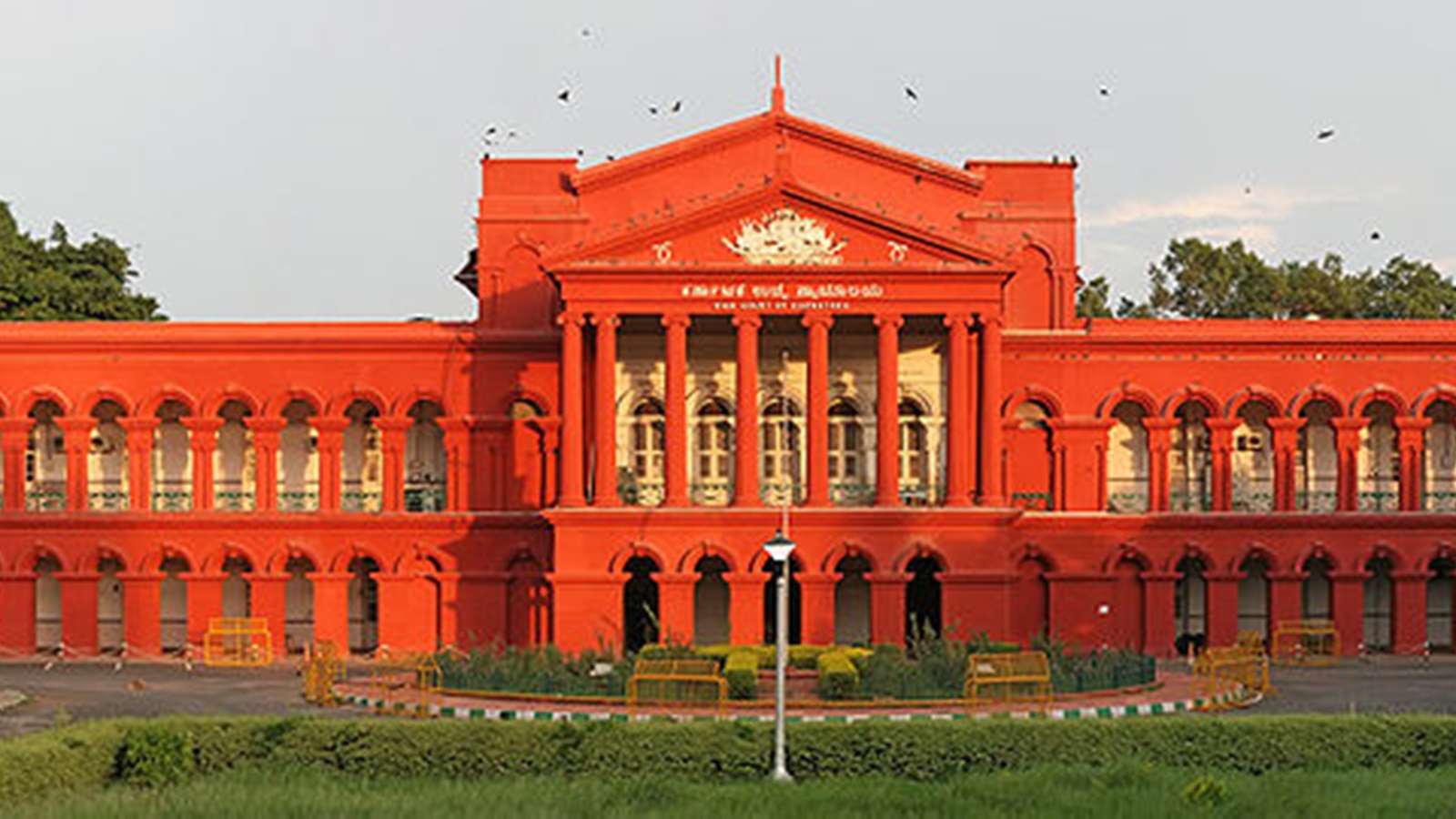 |
|
In the wake of controversy sparked by comments made by a judge of the Karnataka High Court, the court has implemented strict rules regarding the livestreaming of hearings. This move aims to prevent the unauthorized uploading of court proceedings on social media platforms.
The controversy arose in August when a judge's remarks about a Muslim-majority area and a woman advocate were captured during the livestreaming of a hearing and subsequently circulated on social media. This incident prompted the high court to issue a note titled “Prohibitions and Restrictions on Usage of the Recording or Live Steam” which is now displayed before the commencement of all livestreaming sessions.
This note explicitly prohibits any person or entity, including print and electronic media, and social media platforms, from recording, sharing, or disseminating the livestream proceedings or archival data without authorization. The note emphasizes that any violation will be prosecuted as per the law, and the court retains exclusive copyright over the recordings and archival data.
Further, unauthorized usage of the livestream is categorized as an offense under the Indian Copyright Act, 1957, the Information Technology Act, 2000, and other legal provisions, including the law of Contempt. Any party or litigant accessing the livestream is bound by these rules.
The note also restricts the reproduction, transmission, uploading, posting, modification, publication, or republication of the livestream without prior written authorization from the court. However, the court may allow the use of authorized recordings in their original form for purposes such as news dissemination, training, academic, and educational endeavors.
Importantly, any authorized recordings intended for news or training purposes must not be edited or utilized for commercial, promotional, or advertising purposes. The court, citing Rule 10 (2) of the Karnataka Rules on Live Streaming and Recording of Court Proceedings, 2021, has also stated that no person, except those authorized by the court, can utilize recording devices for recording or transcribing the proceedings.
These new rules were introduced following the controversy surrounding Justice V Srishananda's comments. His remarks, referencing a specific Bengaluru locality as being “in Pakistan” and another comment directed at a woman advocate, drew widespread criticism on social media. While the judge later expressed regret over his statements, the Supreme Court took notice of the reports and has requested a report on the matter.
The Advocates Association of Bengaluru has also reacted to the situation, advocating for a temporary halt to livestreaming and calling for judges to exercise sensitivity during proceedings. They cited instances where several YouTube channels attributed “adverse and mischievous meanings and titles” to the proceedings. Despite these concerns, the high court has not halted livestreaming and hearings continue to be streamed as usual.
The implementation of these stringent rules reflects the high court's commitment to safeguarding the integrity of judicial proceedings, ensuring appropriate use of livestreaming technology, and addressing concerns related to the potential misuse of court proceedings in the digital domain.
